By Tenzin Nyidon
DHARAMSHALA, Jan. 24: The United Nations Universal Periodic Review (UPR) session at the United Nations Human Rights Council (UNHRC) in Geneva became a focal point of international attention, attracting scrutiny on China’s human rights record. During China’s UPR session on January 23, a total of 20 UN member states collectively highlighted concerns over the human rights situation in Tibet, presenting a total of 24 recommendations aimed at addressing various concerns related to Tibet.
The UPR session on China witnessed a coordinated effort by 20 member states to draw attention to the human rights situation in Tibet. These nations, including Canada, Czech Republic, Denmark, Estonia, France, Germany, Ireland, Montenegro, Japan, Lithuania, New Zealand, Netherlands, Norway, Poland, Sweden, Switzerland, UK, US, Austria, and Australia, collectively raised concerns and presented 24 recommendations aimed at addressing issues related to Tibet.
The statements made by the 20 UN member states during China’s UPR session emphasised alarming issues related to forced assimilation practices in Tibet, particularly, the coercive state-run boarding schools in Tibet, which have forcibly separated over 1 million Tibetan children from their families. A key demand put forth by the member states was the immediate abolition of the state-run boarding schools in Tibet. The member states called for the release of arbitrarily detained Tibetans. They also called for unfettered access to Tibet, stating, China’s restrictions on foreign diplomats and journalists accessing the region have been a longstanding concern.
Despite the gravity of the human rights violations faced by Tibetans, the member states did not explicitly highlight certain discriminatory practices during the UPR session. The Chinese government’s implementation of a full-scale campaign of biometric repression against Tibetans, involving the collection of personal and biometric data. Additionally, the forced relocation of Tibetan nomads, disrupting their traditional ways of life.
The Chinese government refrained from acknowledging the concerns raised by the international community regarding the forced separation of over 1 million Tibetan children from their families. The government asserted that the religious freedom and cultural rights of Tibetans were adequately protected. In support of its claim, China provided statistics on the number of temples, religious personnel, and teachers in Tibet, emphasising what it deemed as evidence of its commitment to preserving Tibetan cultural and religious practices.
“We welcome the considerable rise in statements and concern among states with regard to Chinese policies in Tibet,” said the International Campaign for Tibet (ICT). “Tibetans from Tibet have not had the chance to contribute to this review and raise their voices. We are therefore grateful to all states that raised China’s coercive boarding schools and relocation policies in Tibet and called for religious freedom, cultural rights for Tibetans and unfettered access to Tibet. Now the international community needs to follow up in bilateral relations with China and continue to raise Tibet.”
“We applaud the 20 UN Member States who spoke out for Tibet today, and especially Austria, Canada, Denmark, Germany, Netherlands and the United States for recommending China abolish the coercive colonial boarding school system intended to forcibly assimilate Tibetan children. China thinks it can get away with atrocity crimes, including holding one million Tibetan children in a coercive residential school system designed to stamp out their identity, but today’s UN review shows governments are willing to hold Beijing accountable. The dramatic increase in the number of UN Member States who spoke out for Tibet underscores the existential threat China’s assimilationist policies pose to the Tibetan people,” Lhadon Tethong, the Director of Tibet Action Institute (TAI) said.
The UPR requires each UN member state to undergo a peer review of its human rights records every four and a half years. The UPR for China marked the fourth review for the country, following previous sessions held in 2009, 2013, and 2018.
In the ‘Freedom in the World’ 2023 report by Freedom House, Tibet was identified as the country with the least freedom concerning civil and political rights. Additionally, Reporters Without Borders (RSF) labeled China as the ‘biggest jailer of journalists’ in 2023 for the fourth consecutive year, indicating an ongoing pattern of restrictions on press freedom. Despite the increasing human rights apprehensions, China secured re-election to the UN Human Rights Council (UNHRC). This decision faced vehement criticism from Tibet rights groups, who characterised it as an “undeserved reward for repression.”


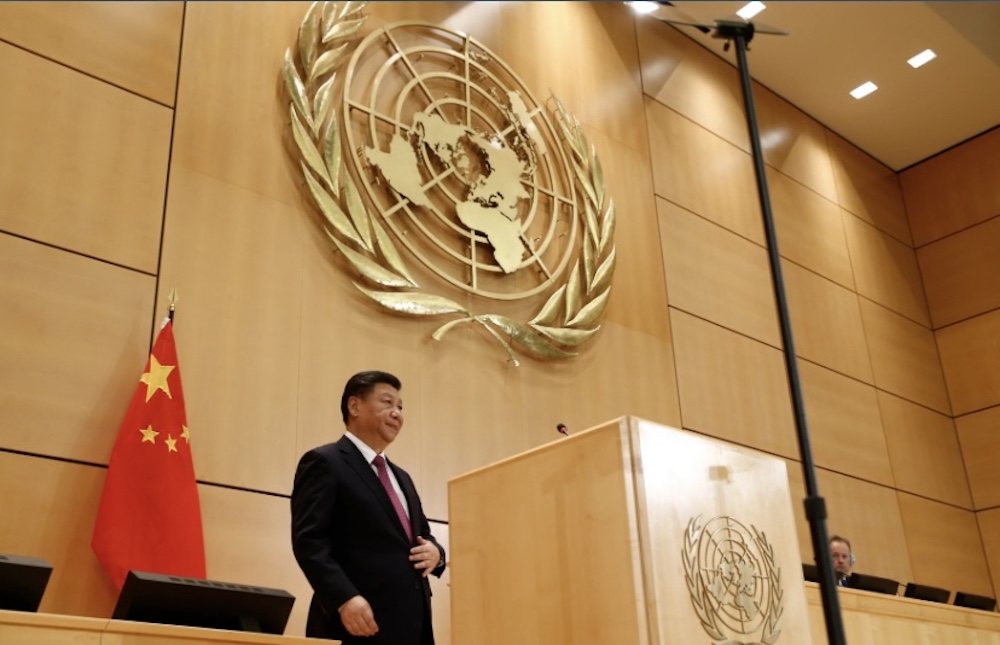



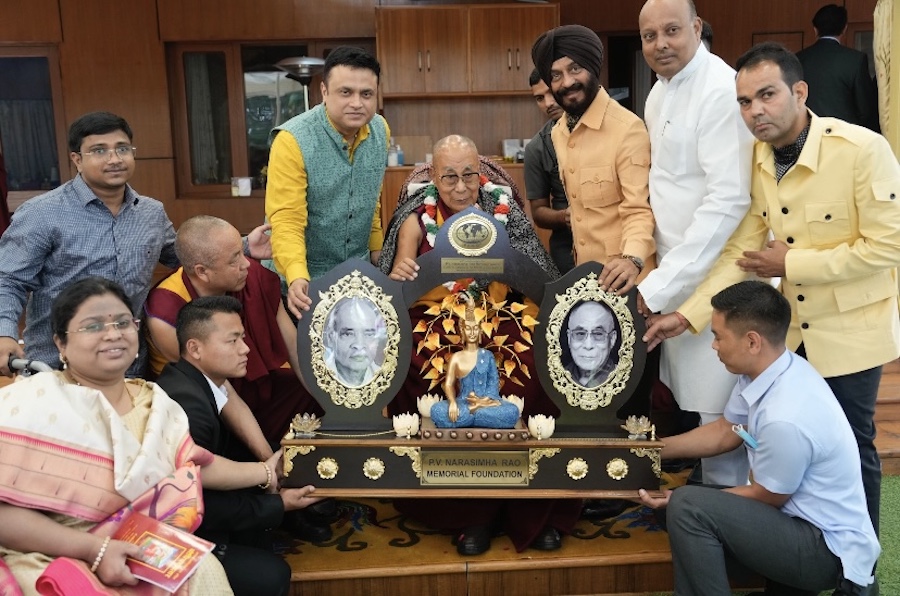
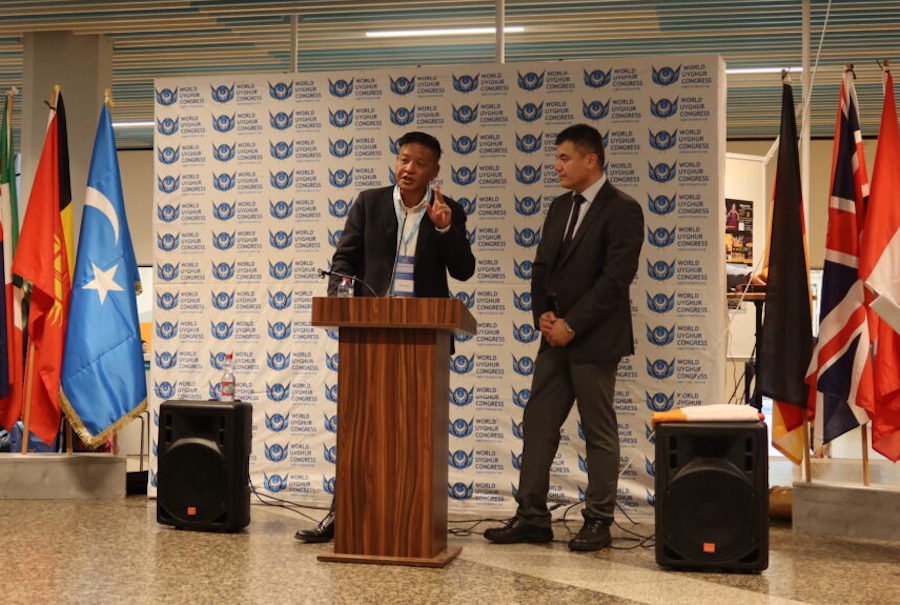
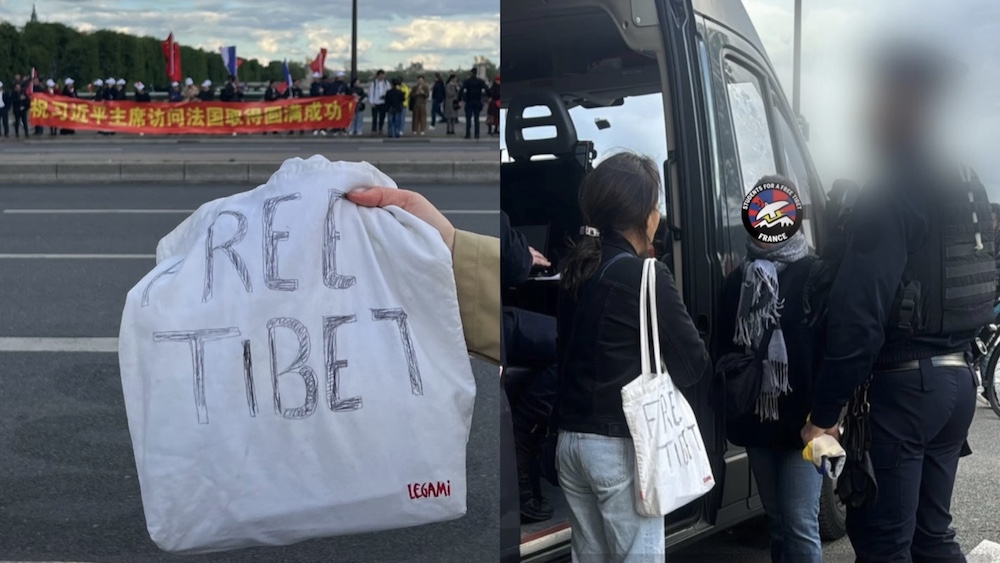
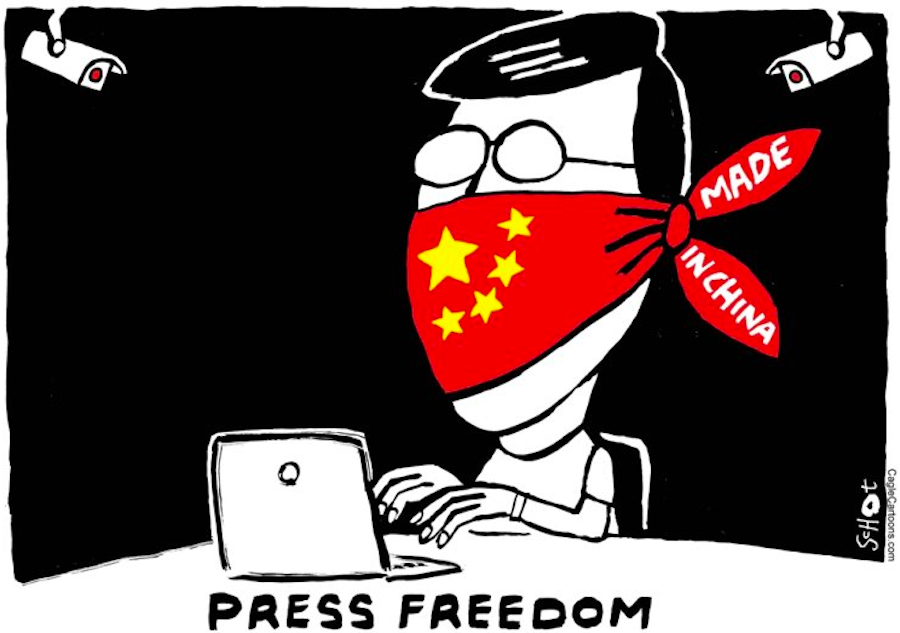

One Response
China is right to point out that only 20 out of 200 country supported tibet. That is a sad 10%. Silent majority of 90% seems to support evil chinese dictator xi jinping.
Even then, the 10% tibet supporters countries like usa are supporting china in the most important thing which is they still are saying ‘ Tibet is part of China’ and that ‘ Tibetans are Chinese’. They are only saying that Tibetans should be given human rights just like Chinese citizens. Therefore USA has considered Free Tibet activist Lhadon Tethong as a Chinese when giving award to her for religious freedom activities. This award was a trick to show that they believe in One China Policy. Therefore they put ‘ Chinese’ nationality when Tibetans seek asylum in USA instead of putting ‘ Tibetan’ nationality.
Not 1 country ever made statement saying Tibet should be given the territory or land back. If we get our land back, we dont’ need more human rights from china. We have our own country. But all country in the world are saying Tibet should give up getting their country back and give it to China, and ask for only more human right. This is useless, totally. what if china says okay i will give more human right to Tibetans, and all countries say well very good. But then after few years, china breaks the promise and goes back to abusing Tibetan people’s human rights, as they did with Hong Kong. Again, we have to ask the world for more human right, and again, China might say yes we will give more human right, and then few years later, they break the promise. and again, we have raise the issue.
This is going in circles, forever and ever… until we fight and get our own country back.
Even the word ‘ Tibet’ in their constitution means Tibet Autonomous Region(TAR) with population of 2 million. Kham and Amdo are not considered Tibet according to UNO and all countries in the world. So they keep the language vague to fool us into thinking that they mean all 6 million ethinic Tibetans. We are really being fooled everyone.
I repeat… Tibet means just Tibet Autonomous Region from their legal point of view.
some of the political parties, even in rich western countries, do admire China by saying China lifted 80 million people in a short span of time and says it is world record. but they don’t know the human cost and abuses that goes with it.
They know it, but they don’t care, they dont’ care about us Tibetans. We have to fend for ourselves. These countries seek their own benefit. and even within these countries, they give more right to rich people, and steal from the poor. Buddha is right to renounce this world, because everyone is so selfish and deceitful.